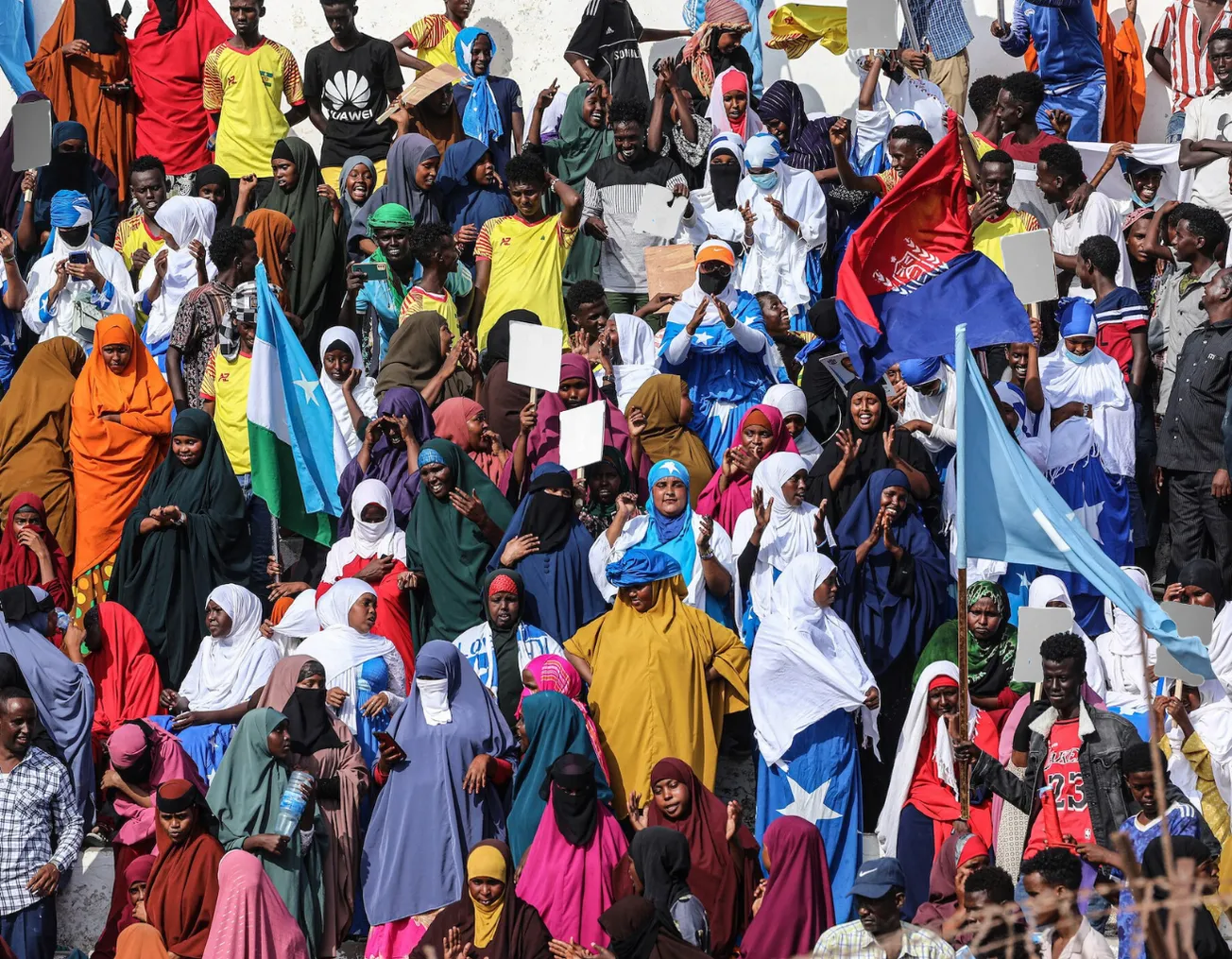
Somalia at a Crossroads: Reconciliation Towards Universal Suffrage
As federal tensions rise and elections loom, Somalia stands at a critical political crossroads. The choices made now will shape the nation’s future.

As federal tensions rise and elections loom, Somalia stands at a critical political crossroads. The choices made now will shape the nation’s future.
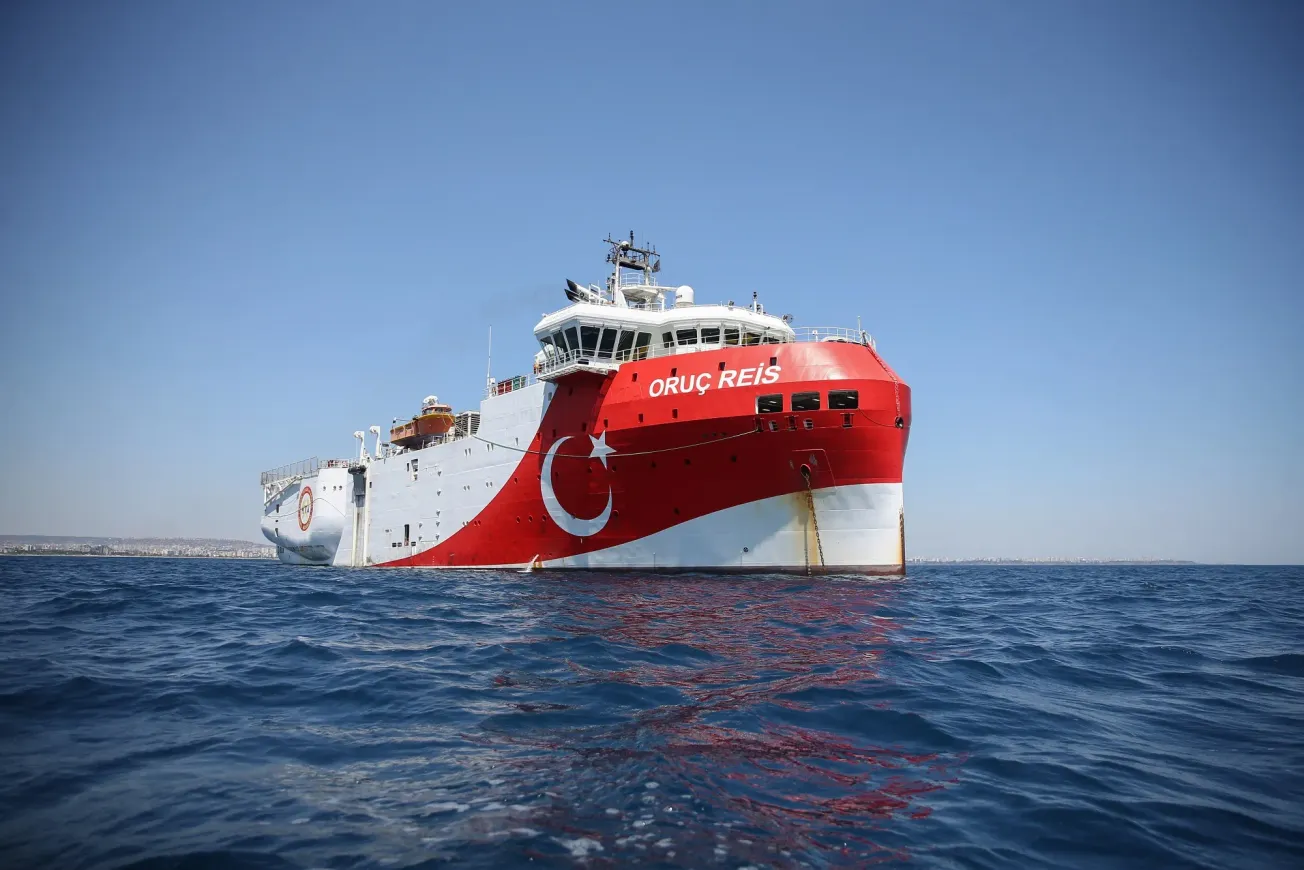
Somalia and Turkey’s new energy deal promises major gains — but also risks that could reshape the nation's future.
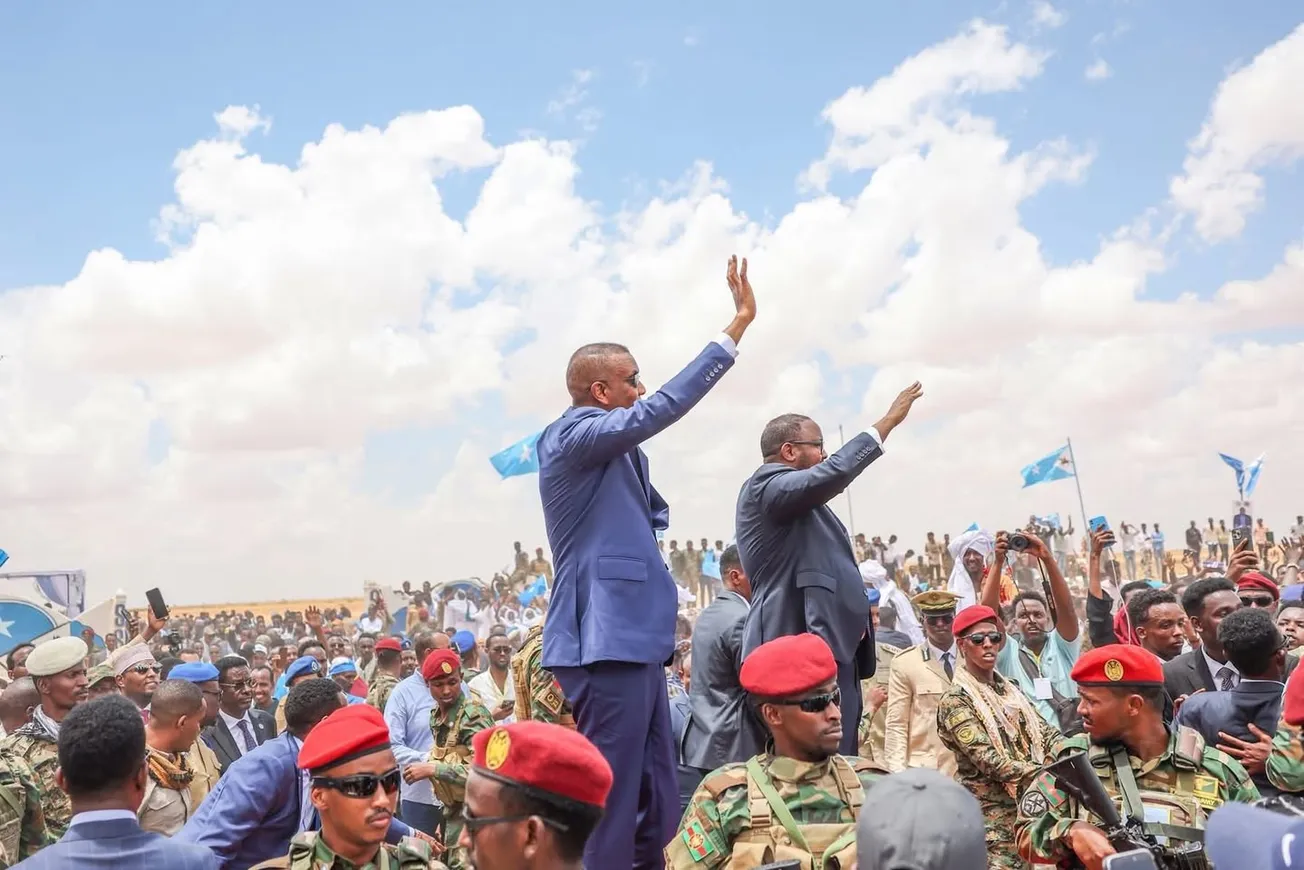
Prime Minister Barre's visit to the transitional state of SSC-Khatumo marks a quiet but historic pivot in the country’s prolonged struggle to restore national unity.
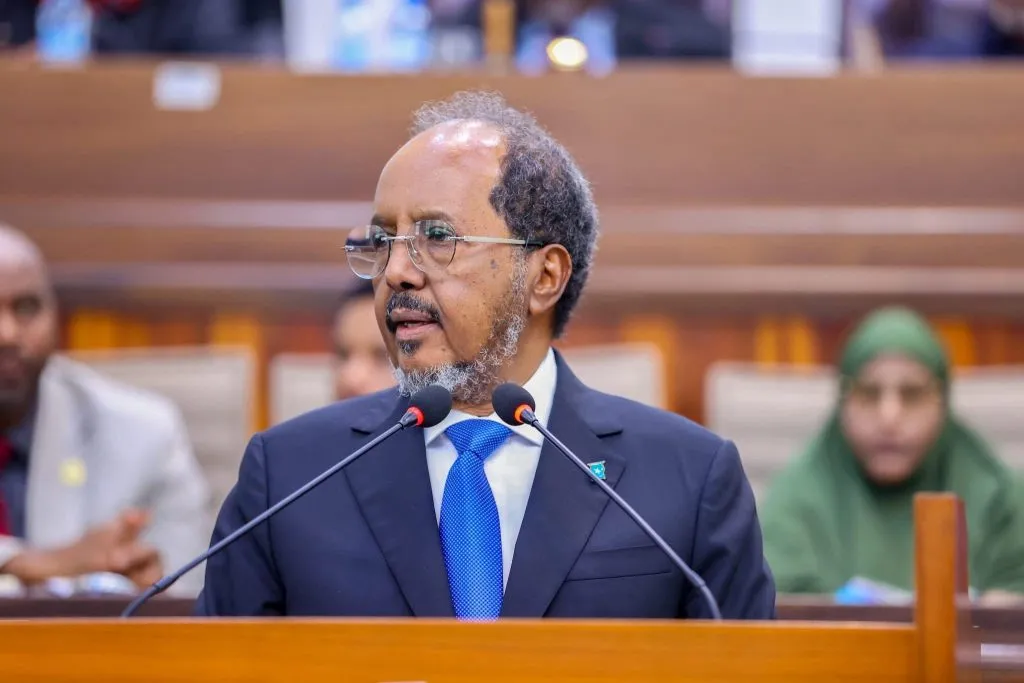
President Hassan Sheikh Mohamud’s Eid al-Fitr message came with more than the customary goodwill—it carried an open invitation to his political rivals and national leaders to engage in dialogue.
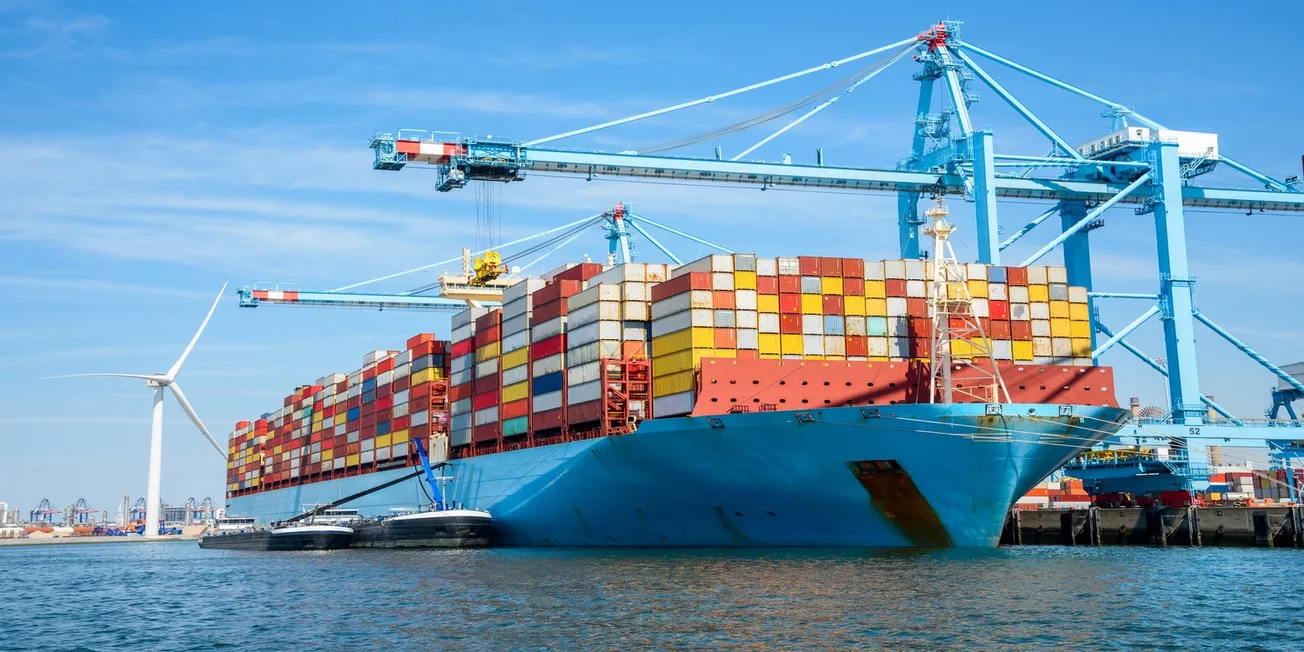
Somalia asserts its sovereignty and strategic importance through its ports and power of unity
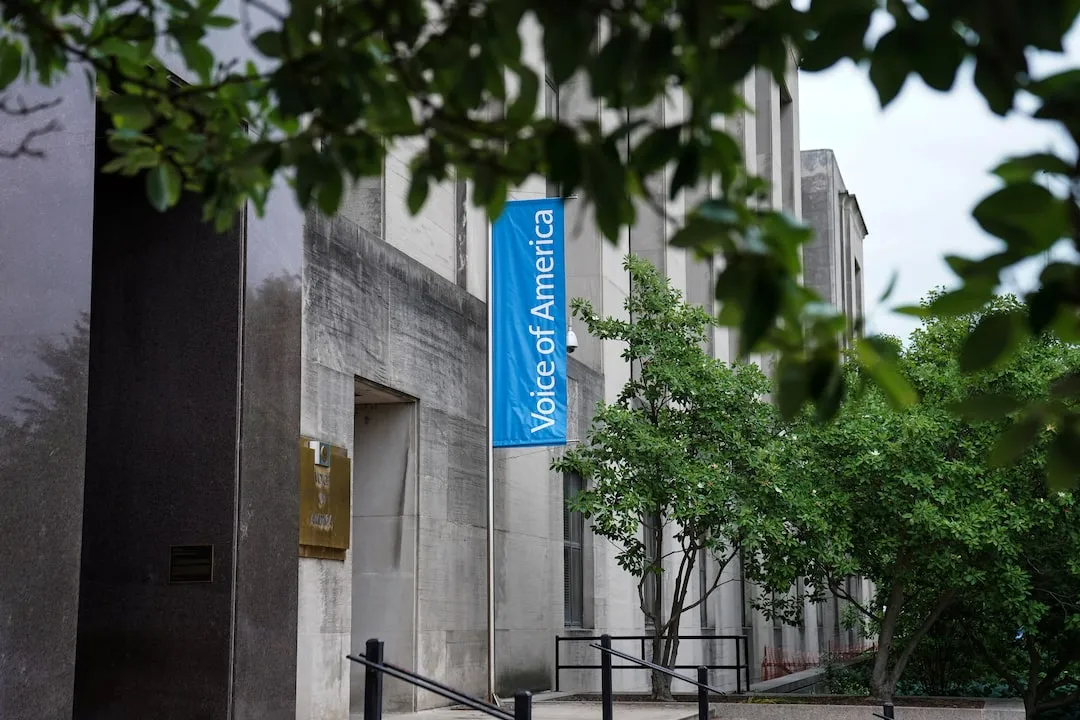
VOA Somali did more than just broadcast news—it offered context, analysis, and a platform for alternative voices in fragile regions.
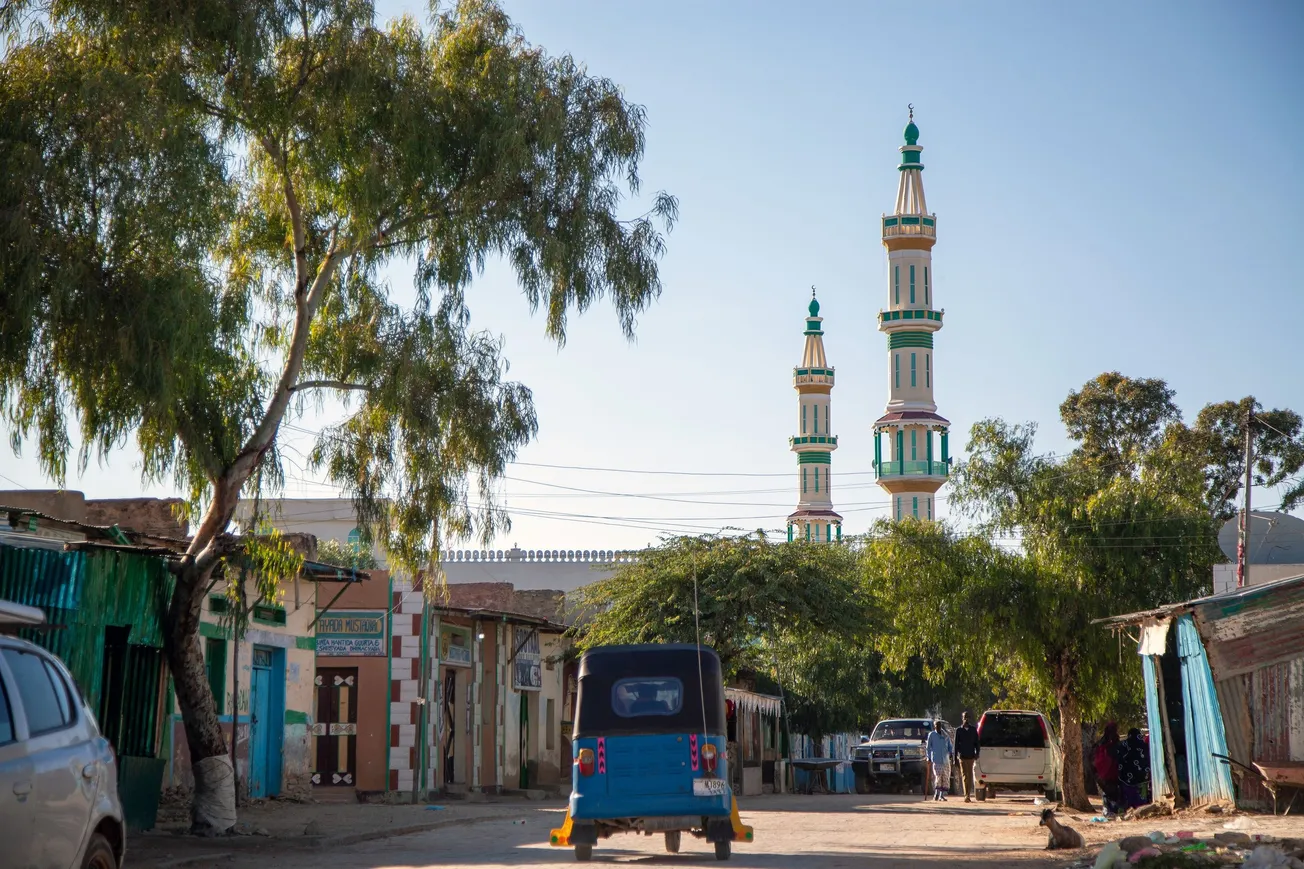
Potential security threats in the Mogadishu area have renewed conversations about the importance of continued cooperation between Somalia and the U.S.
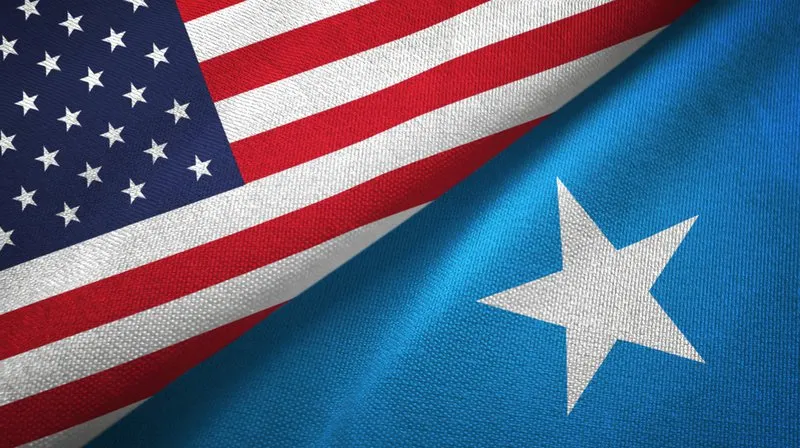
A strong and united Somalia is not just in Somalia’s interest—it is in America’s strategic interest.
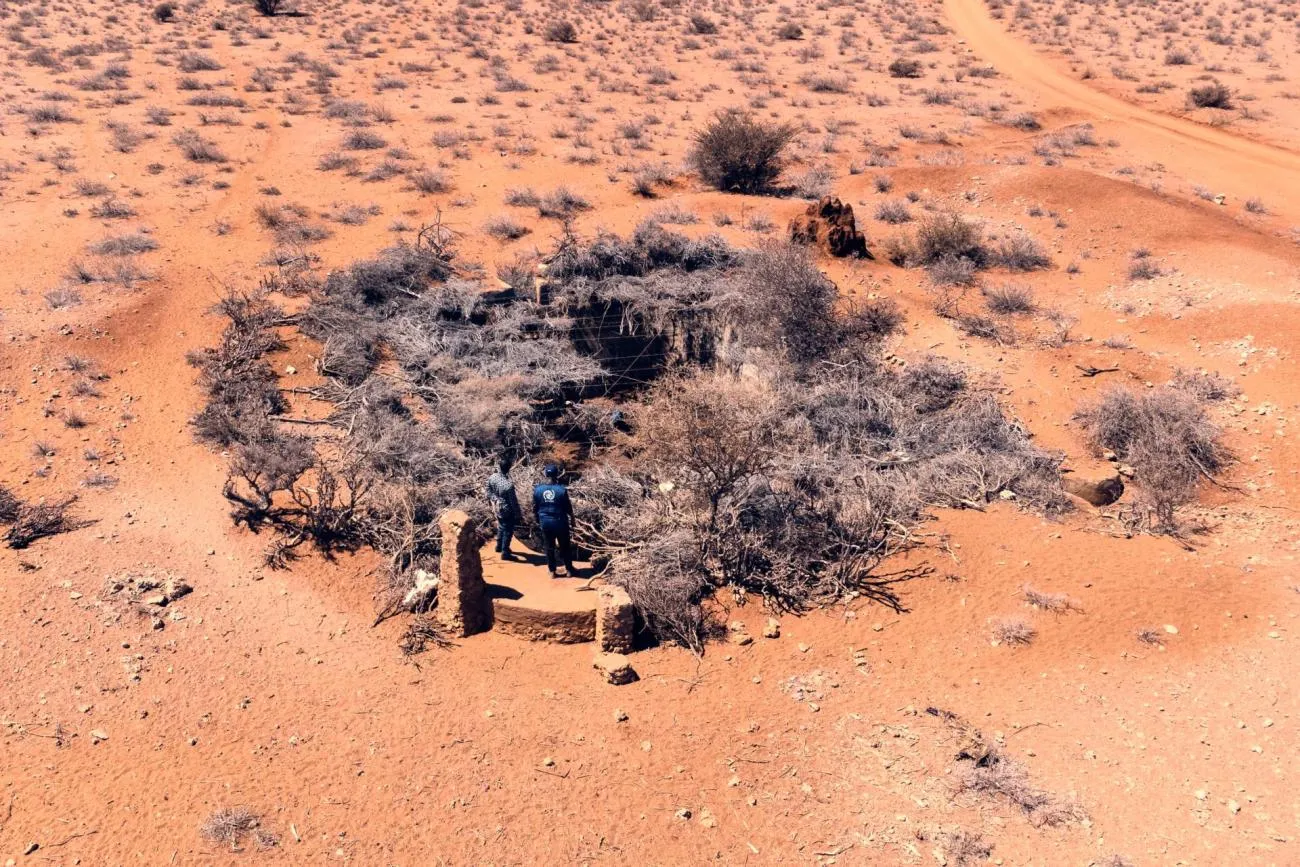
The conflict in South-West Mudug has emerged as a defining challenge for Somalia, particularly for the Puntland and Galmudug administrations.
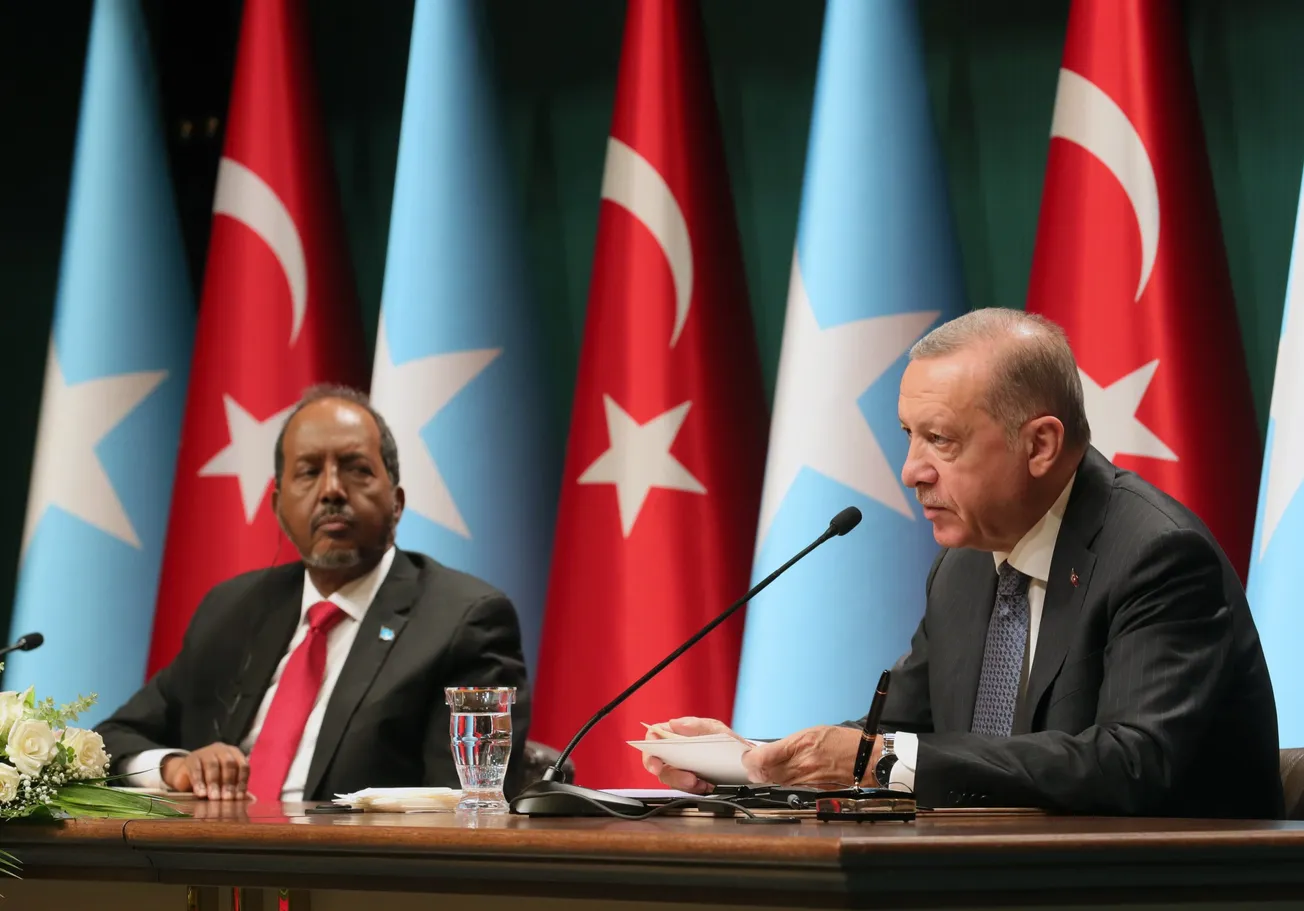
Turkey's mediation in Ethiopia's MoU for sea access may be misguided, as the controversial agreement has no legal basis.
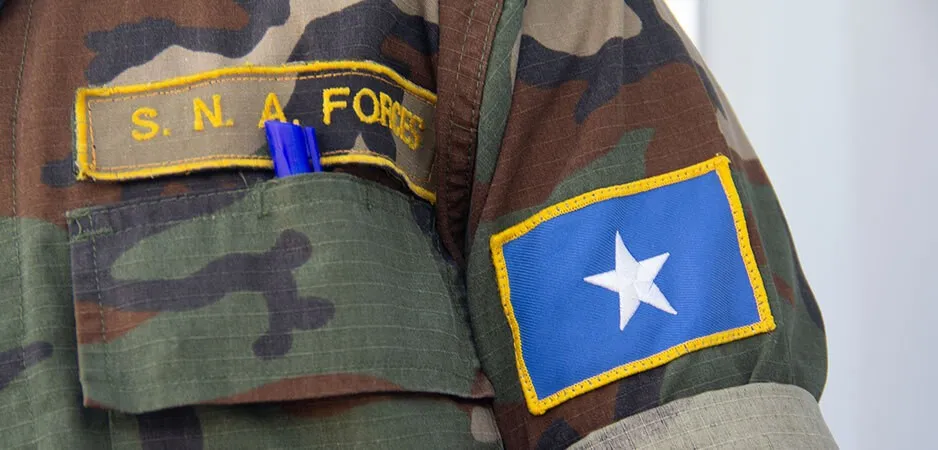
Since 2004, successive federal government administrations have entered into military agreements serving foreign interests while failing to secure lasting peace.
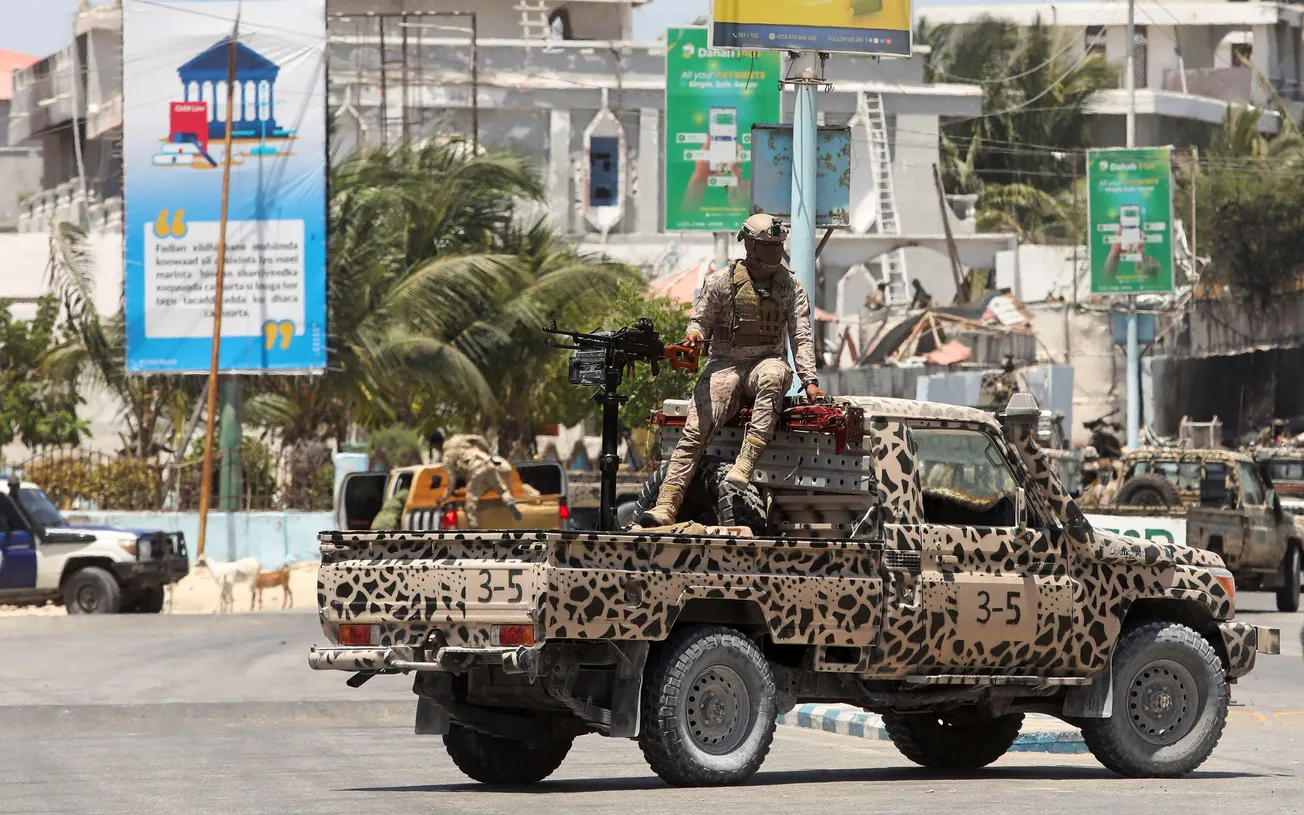
For years, Somalia's federal system has been plagued by power struggles, resource disputes, and clan dynamics, stalling progress towards development.
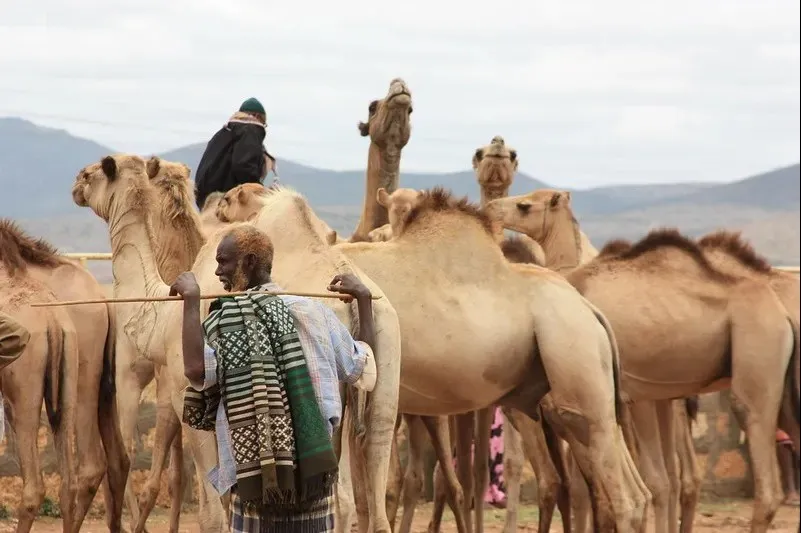
Somalia's political journey from 1991's collapse to a fragile federal government is marked by conflict, clan dynamics, and ongoing international influence.
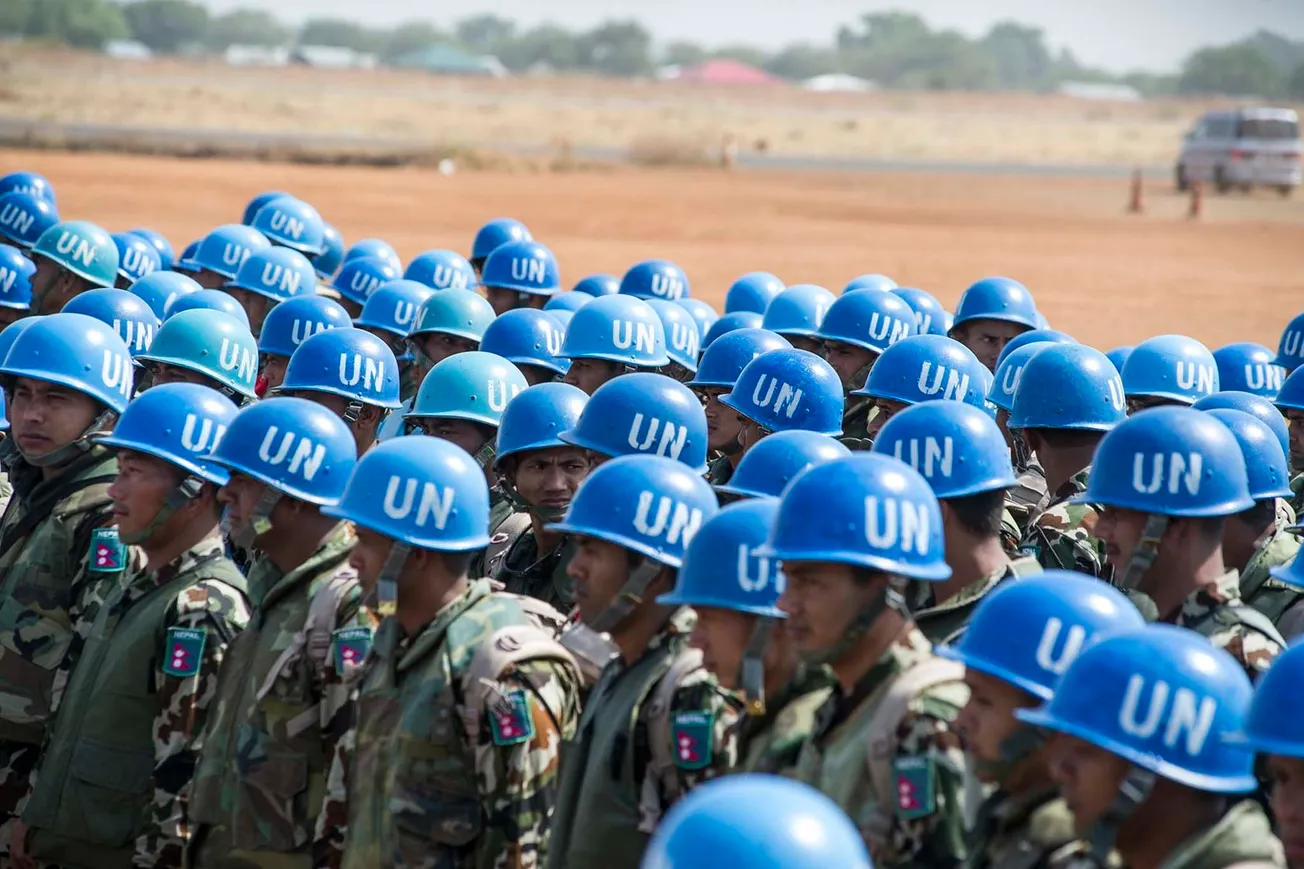
Since the 1990s, international peacekeeping missions in Somalia have struggled to stabilize the nation amid ongoing civil war and political instability.
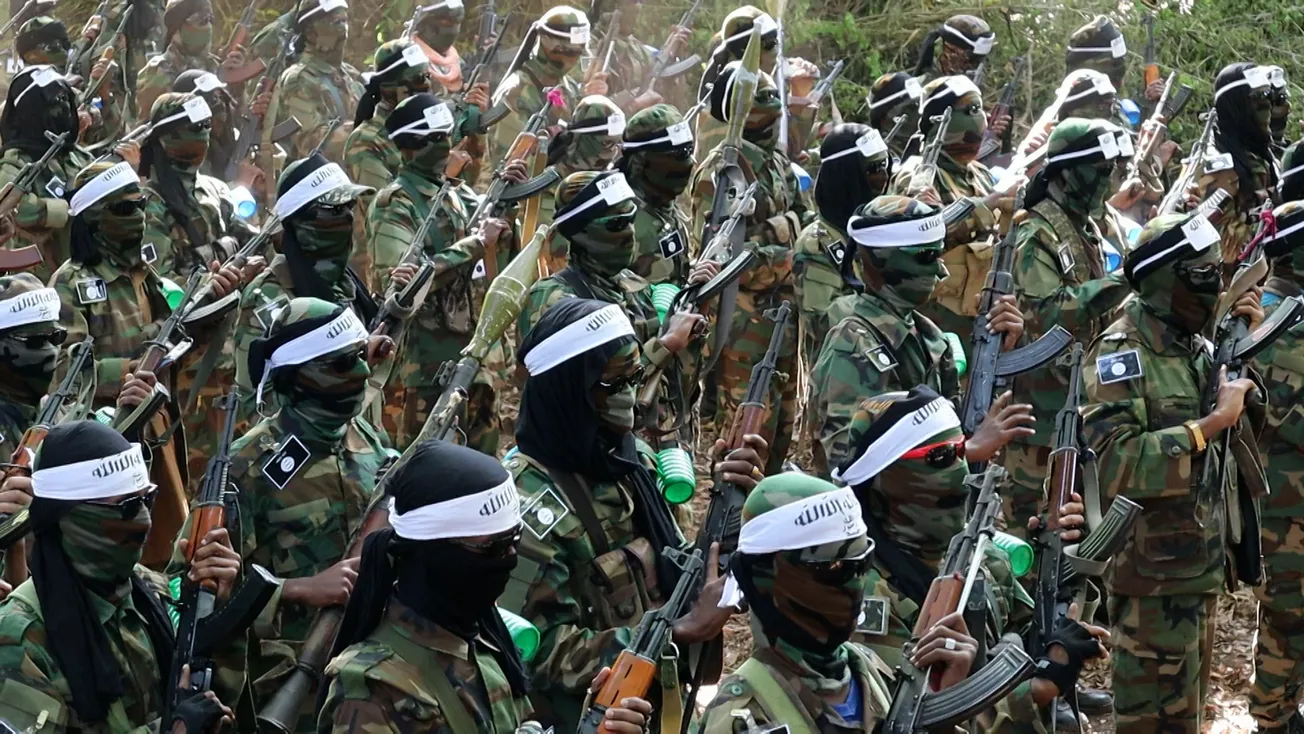
For over 30 years, Somalia's fragility has been fueled by poverty, instability, and relentless terrorism from groups like Al-Shabaab.
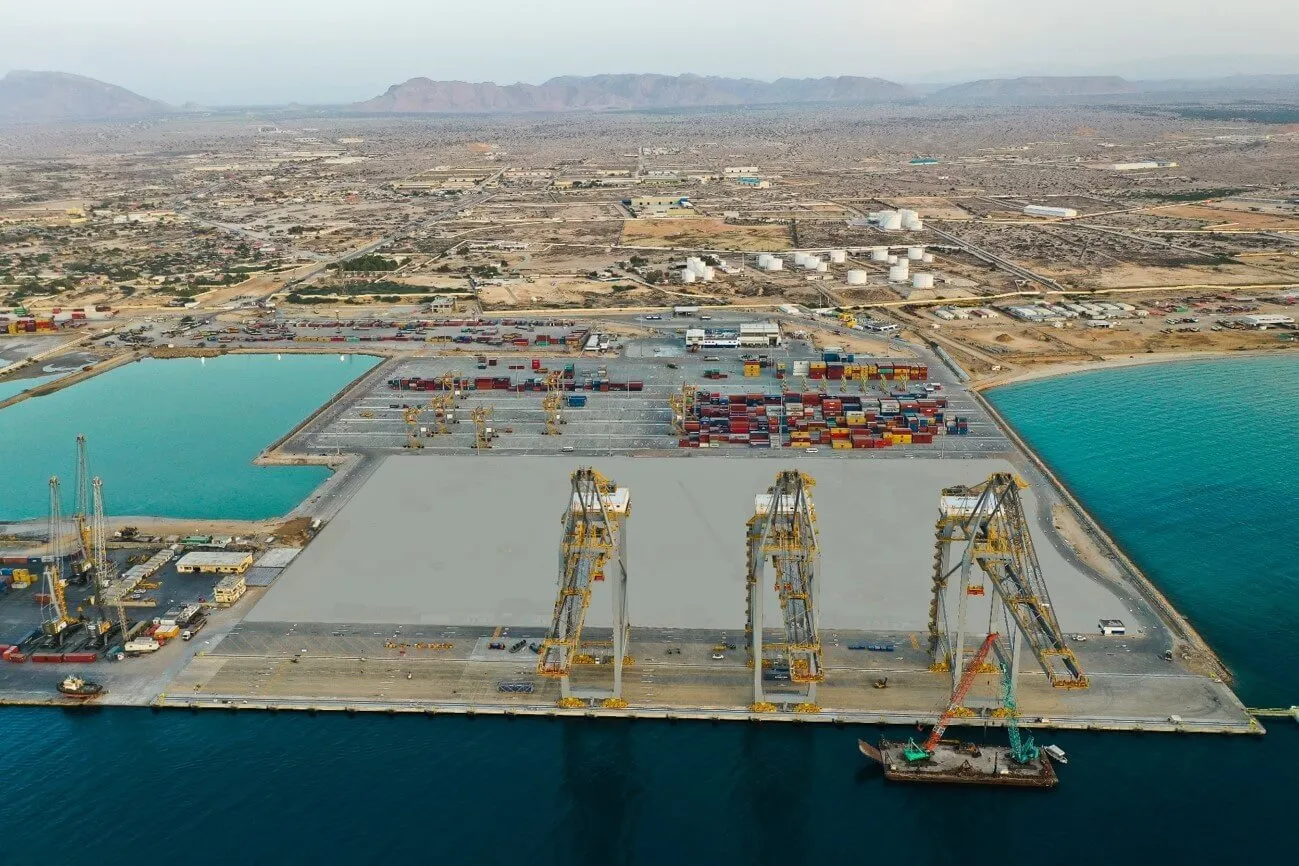
Ethiopia's 2024 MOU with Somaliland for Berbera port access has ignited regional tensions and intensified geopolitical rivalries in the Horn of Africa.